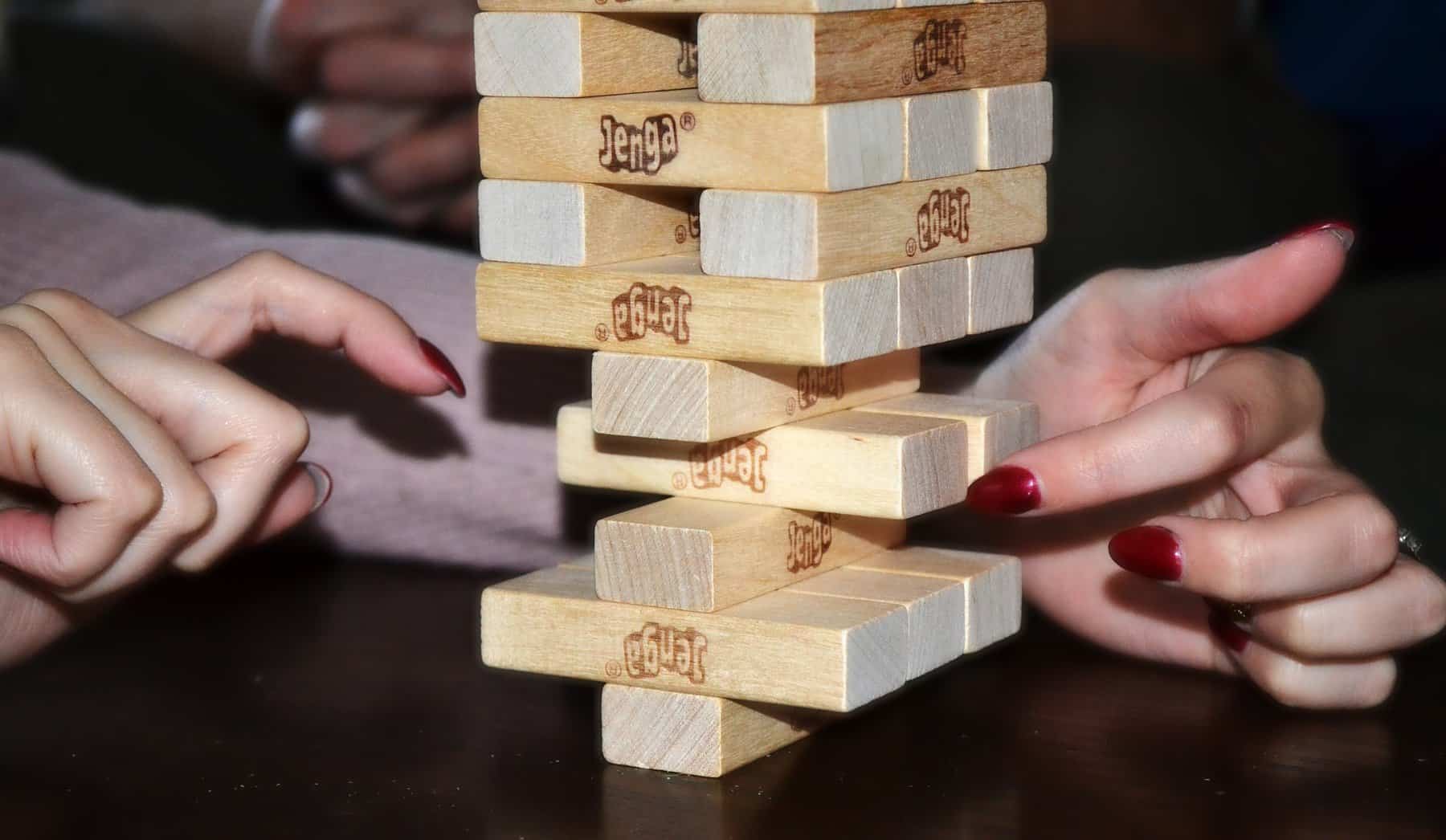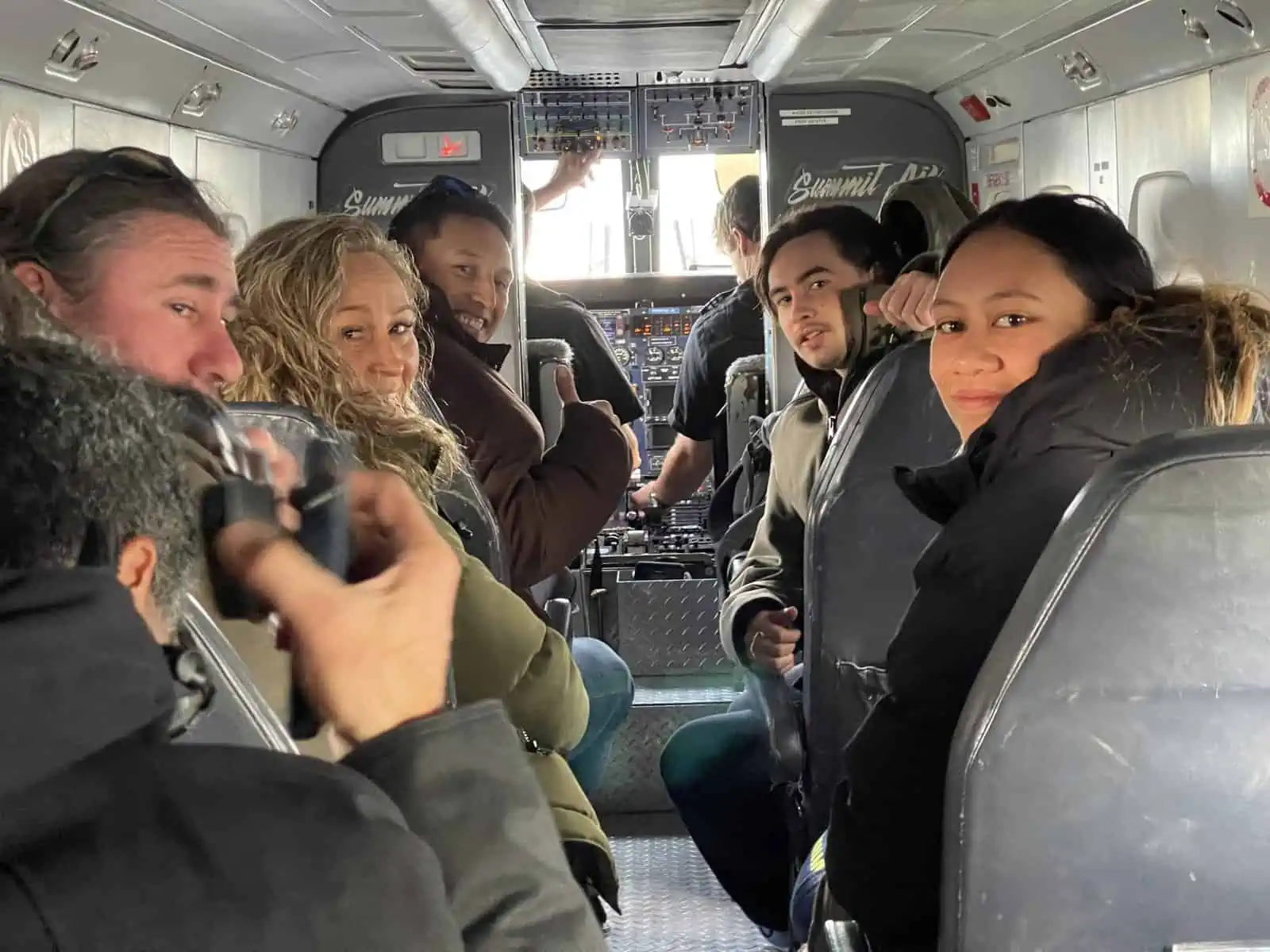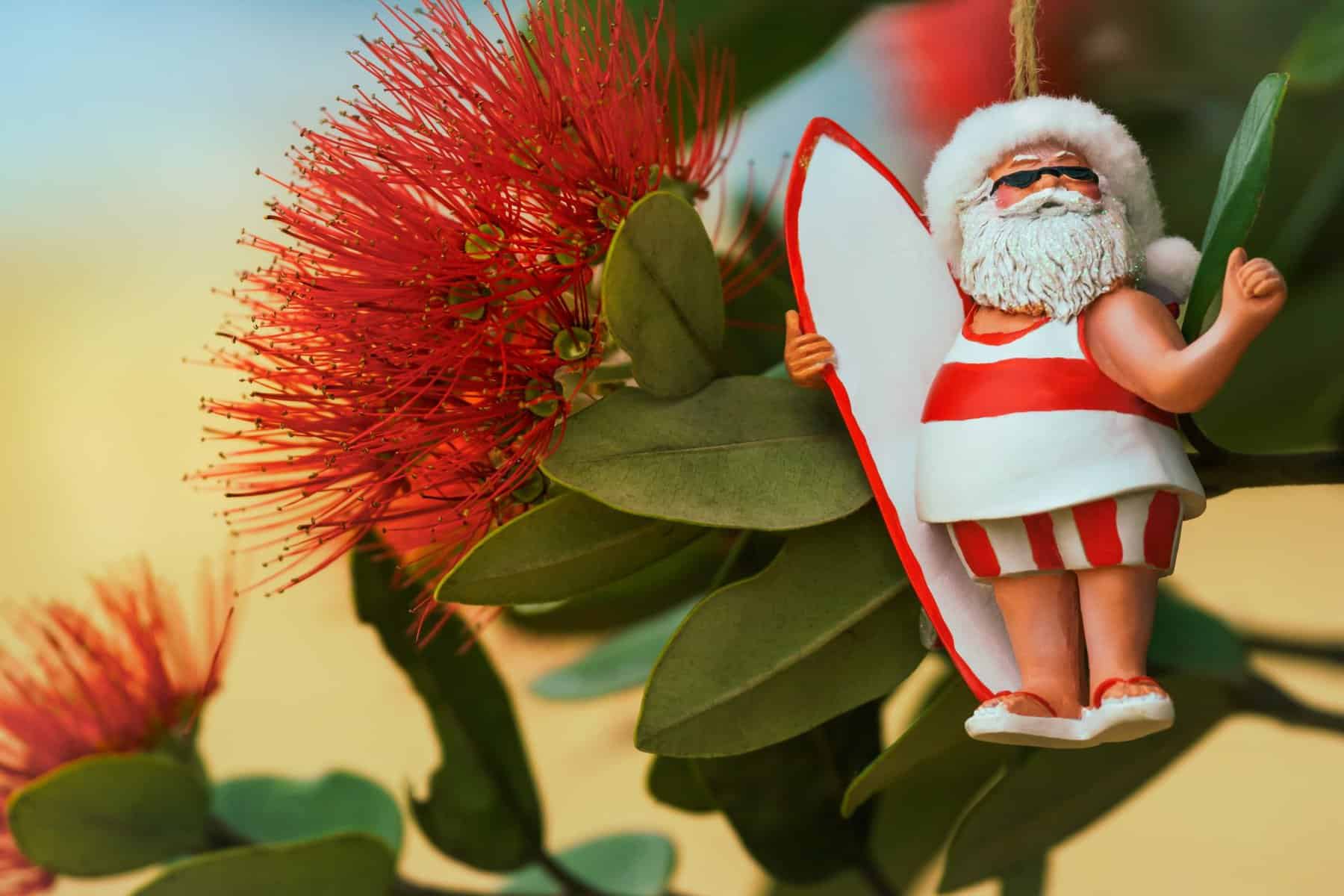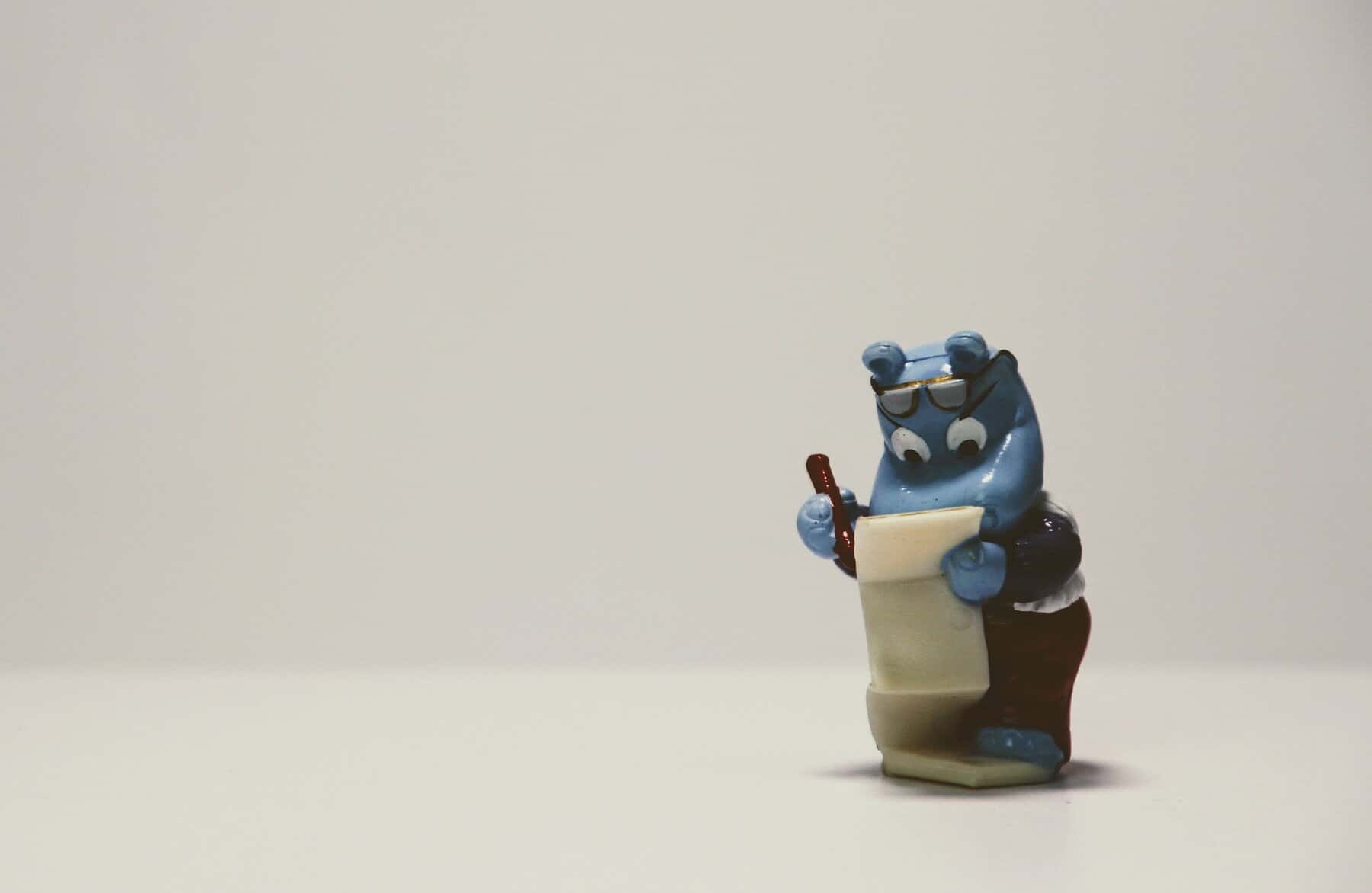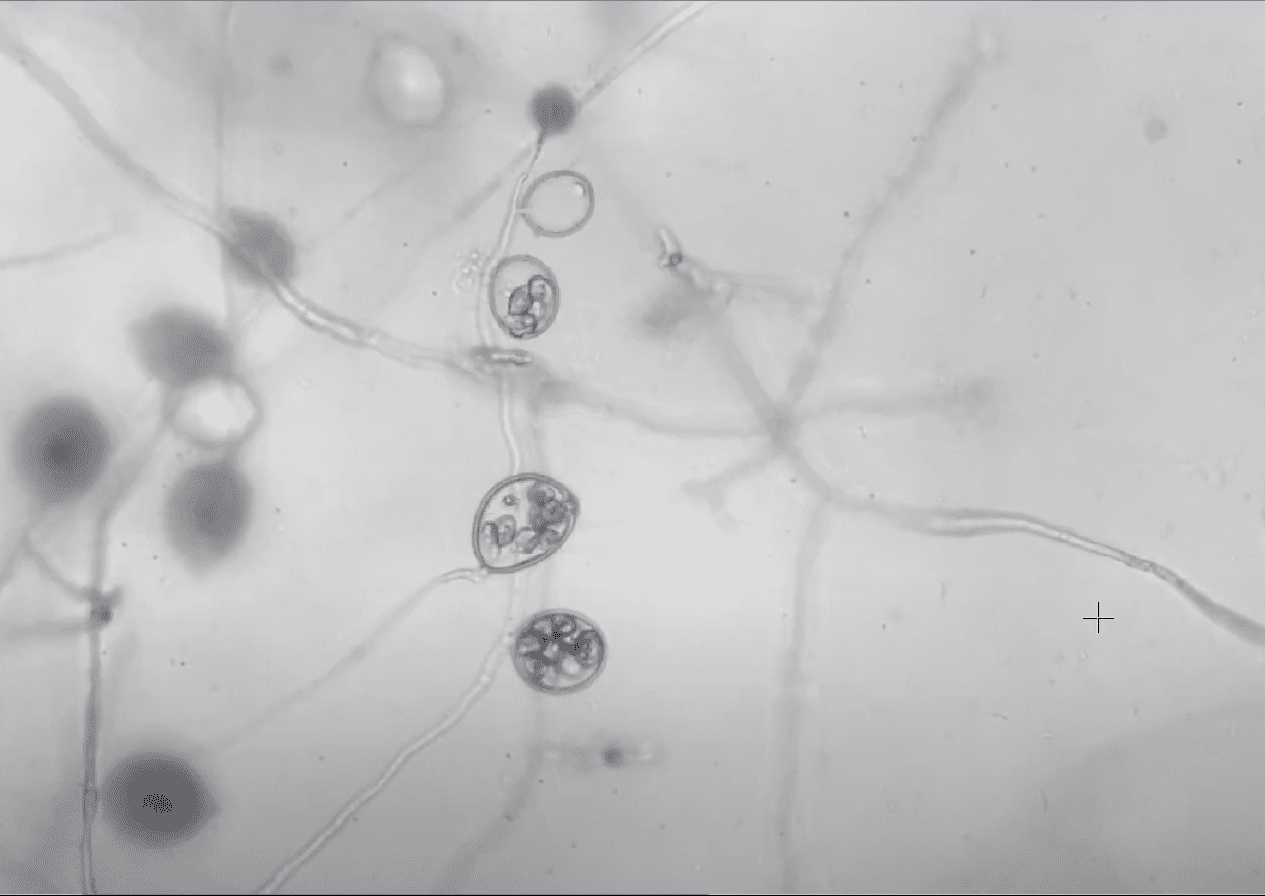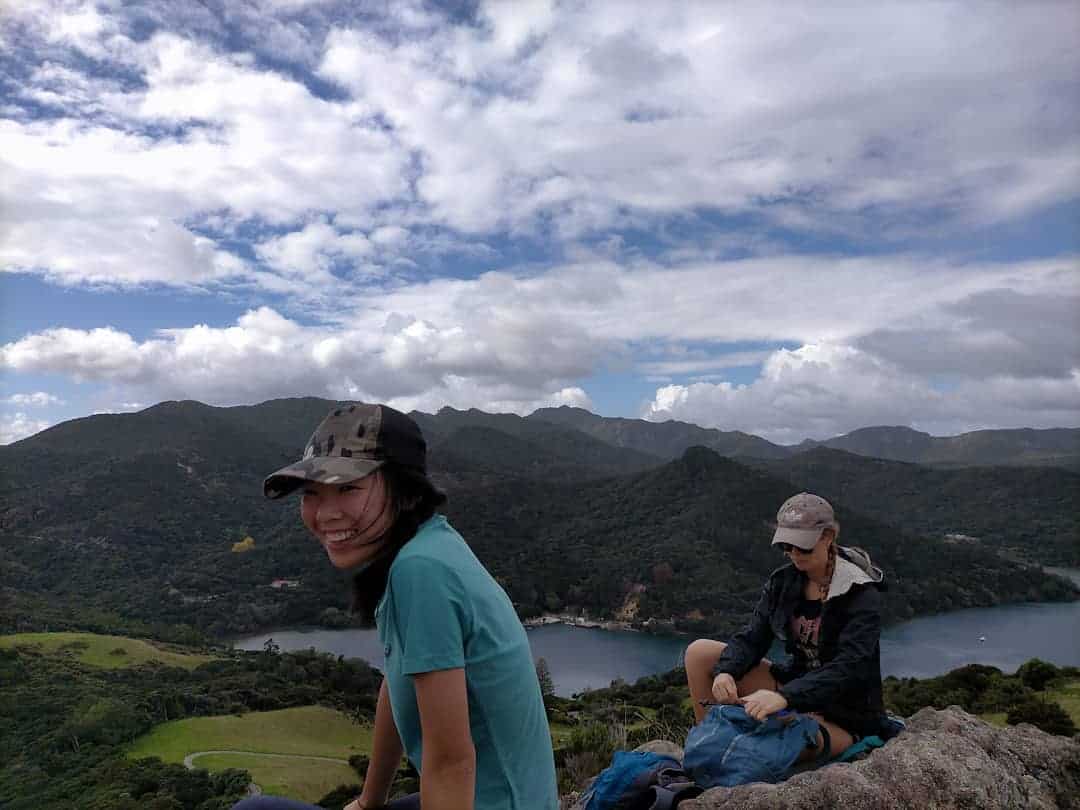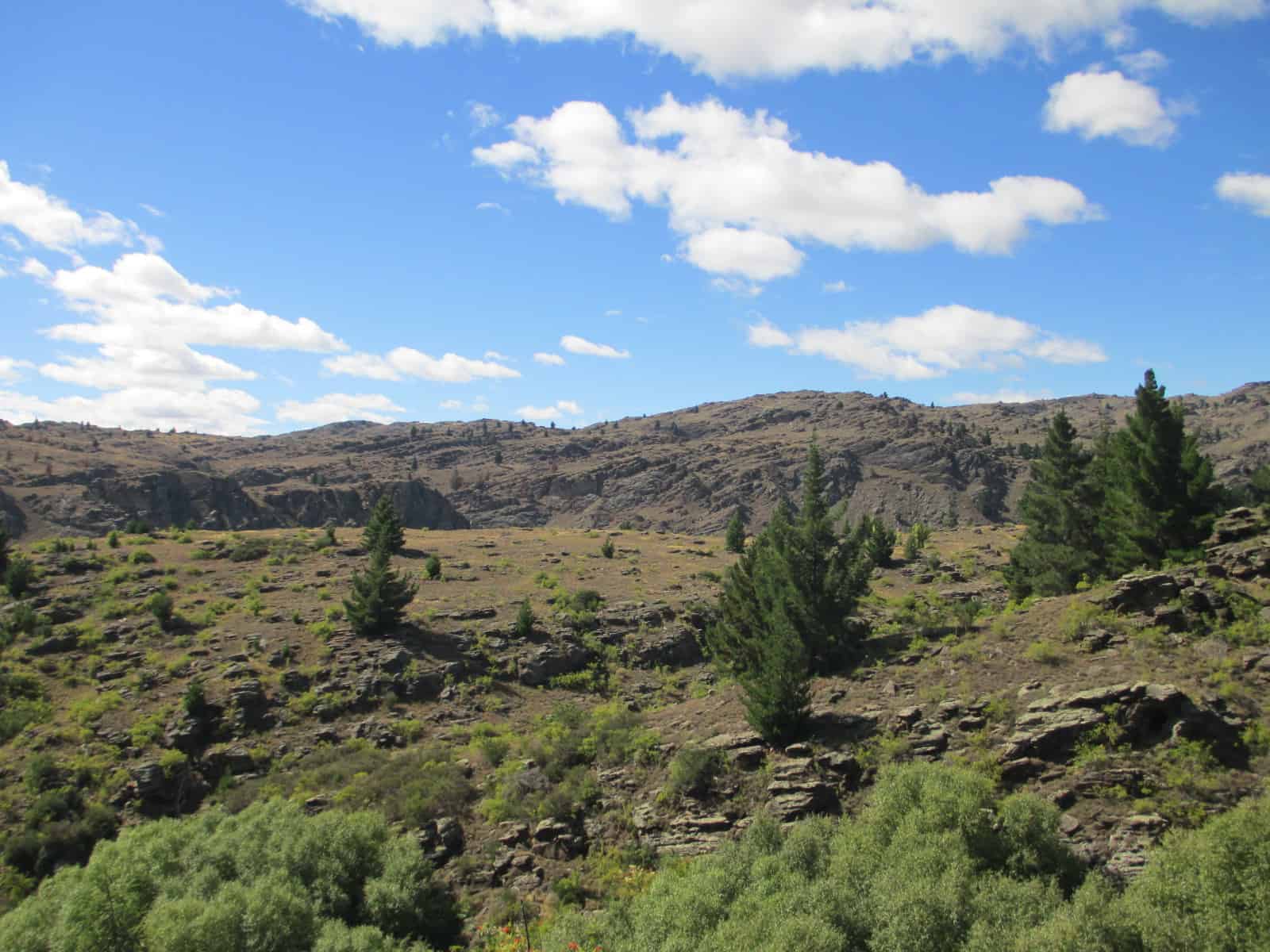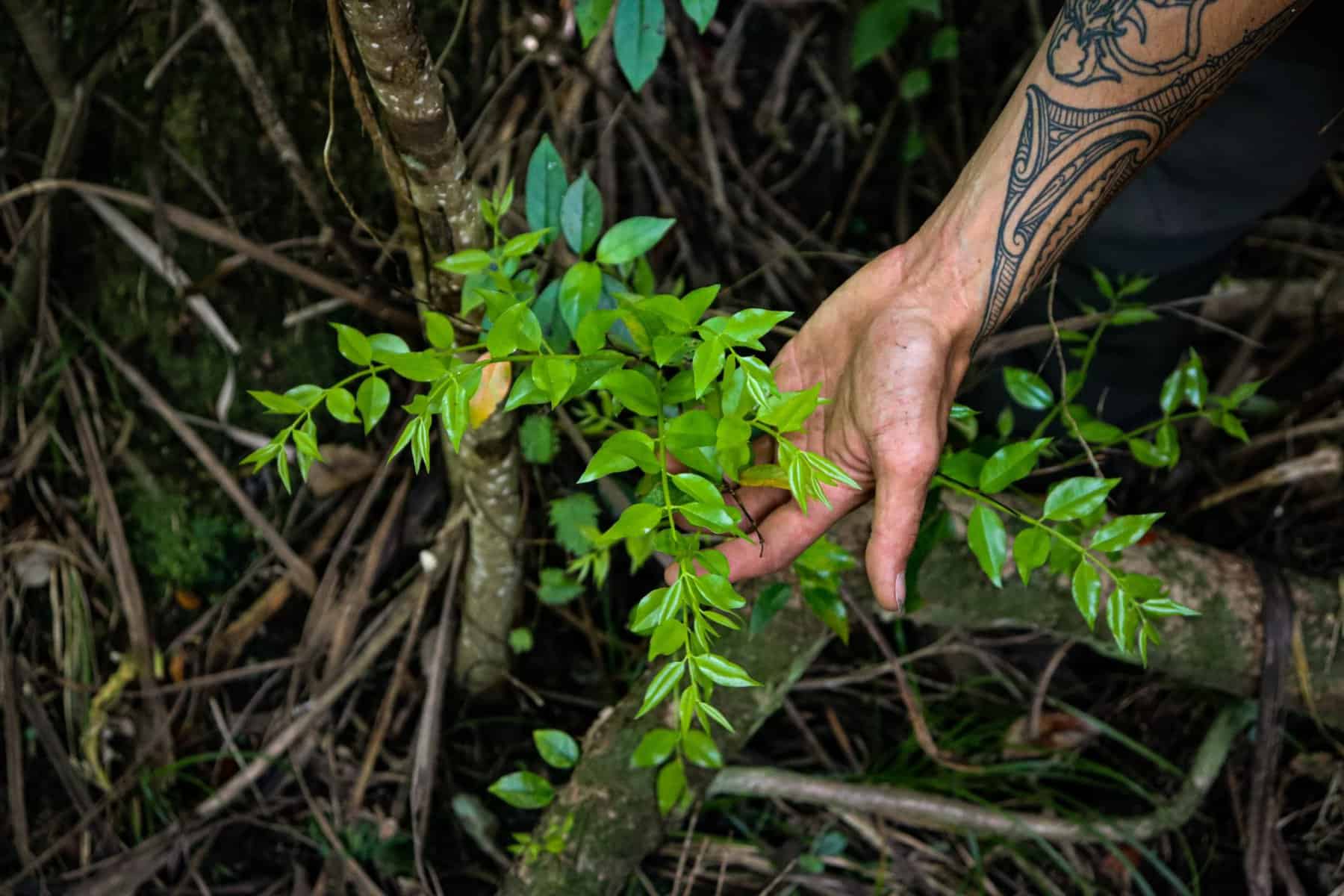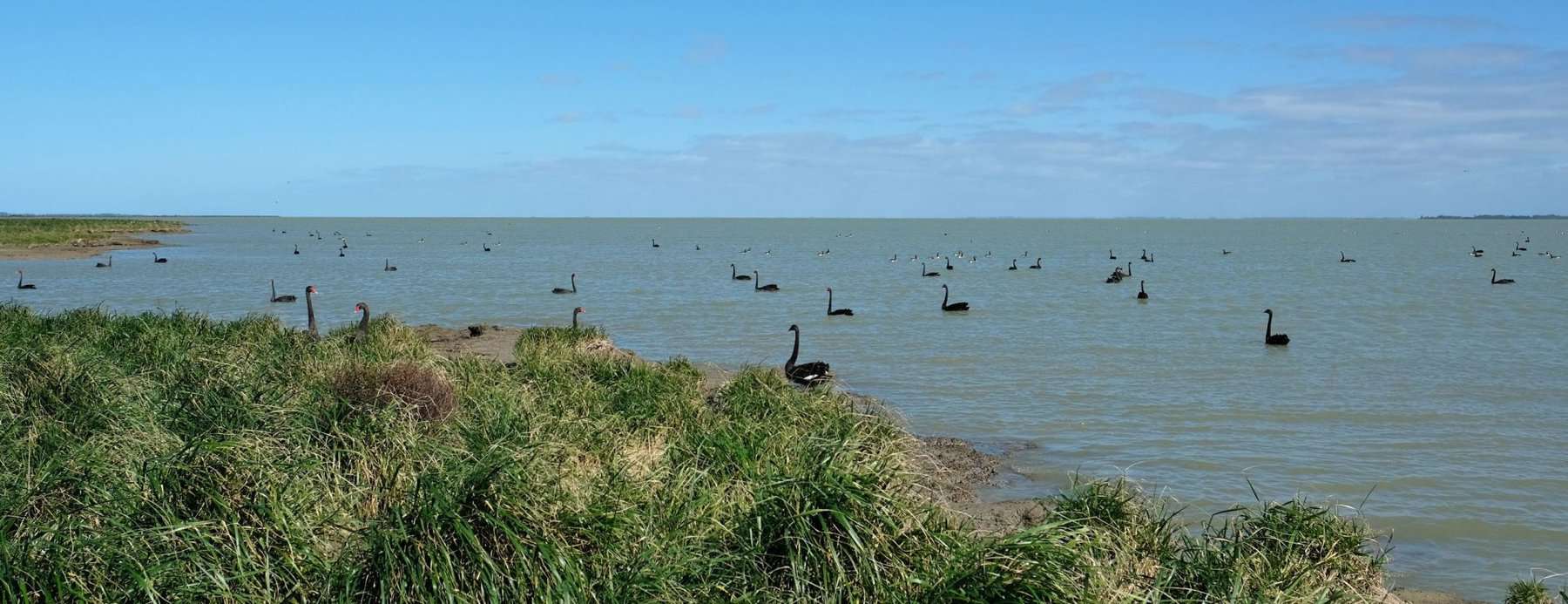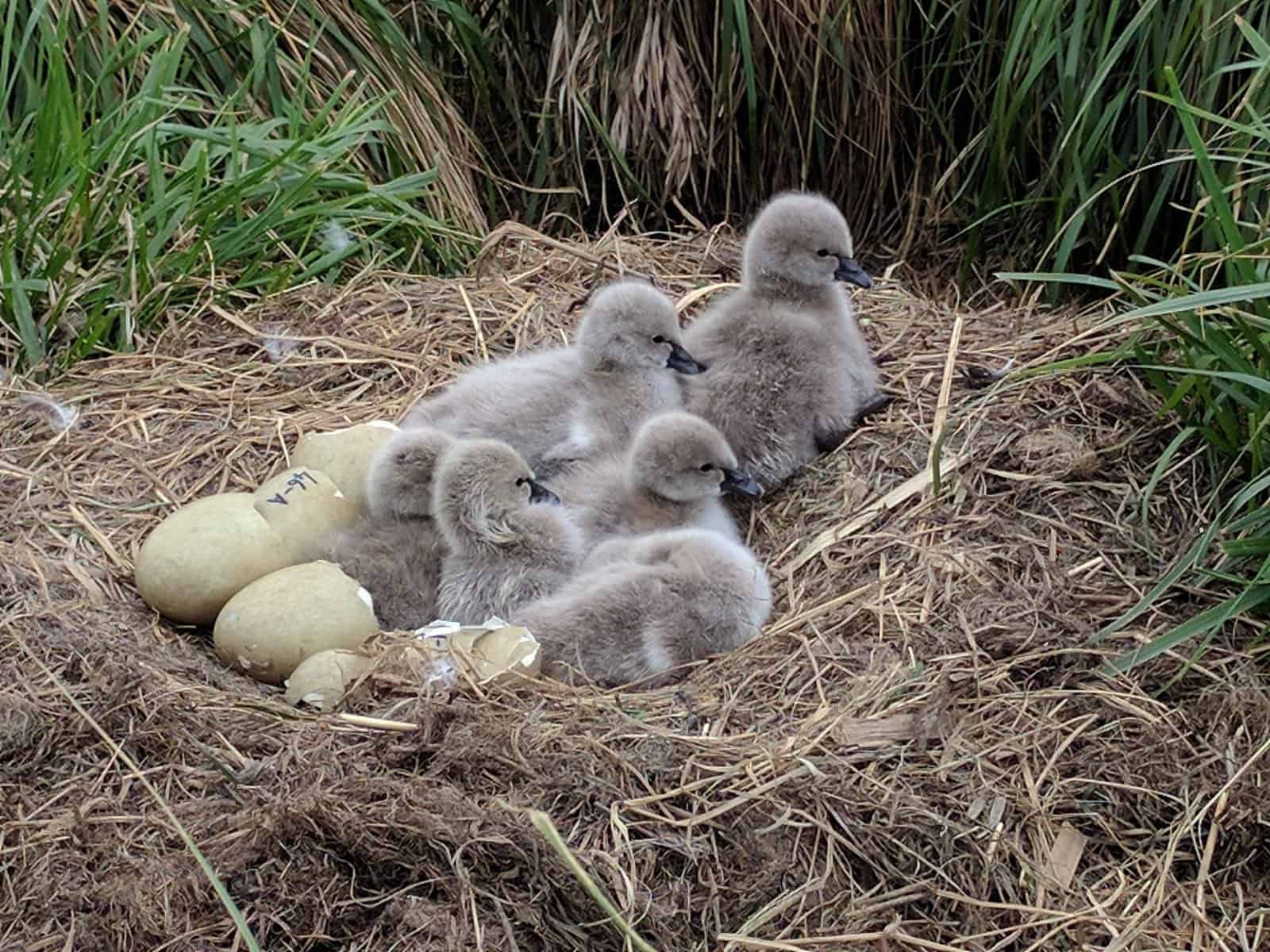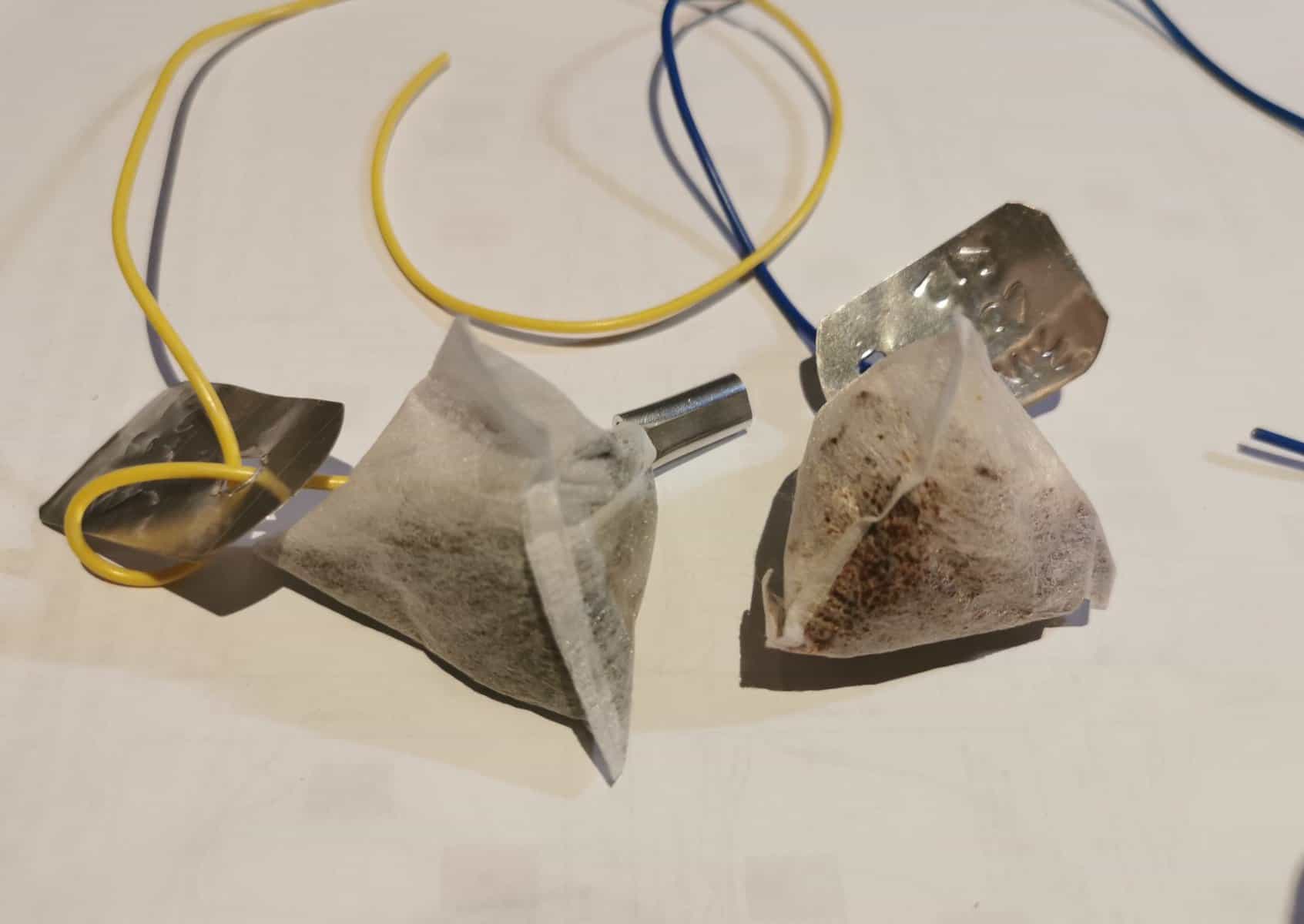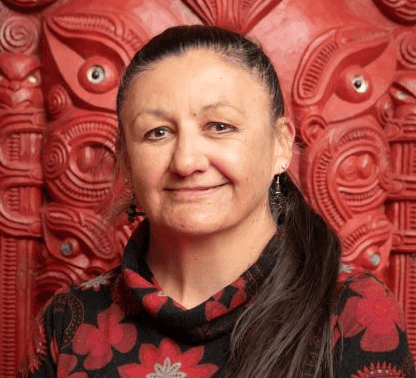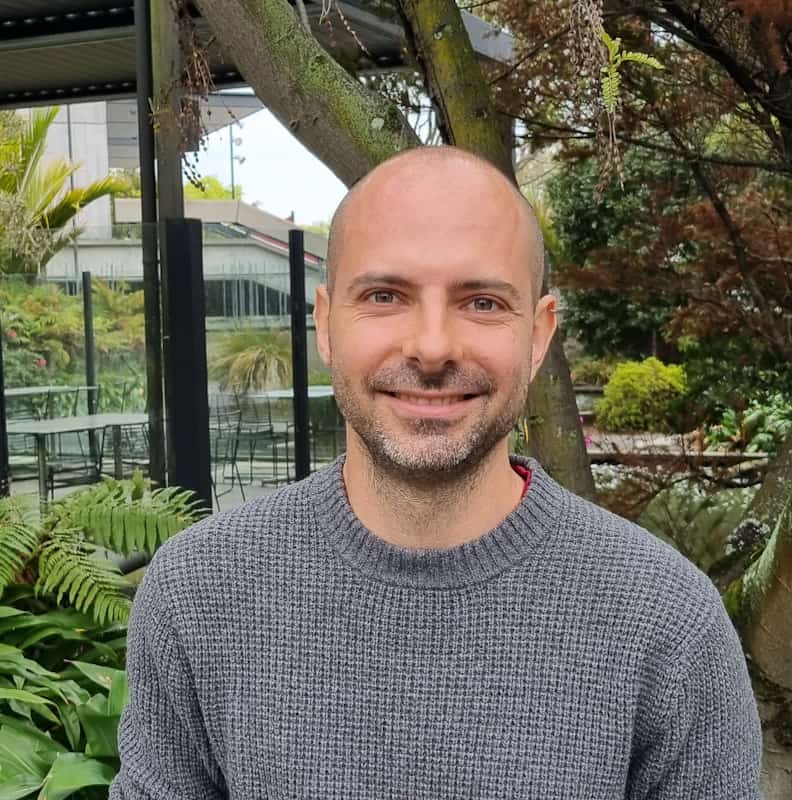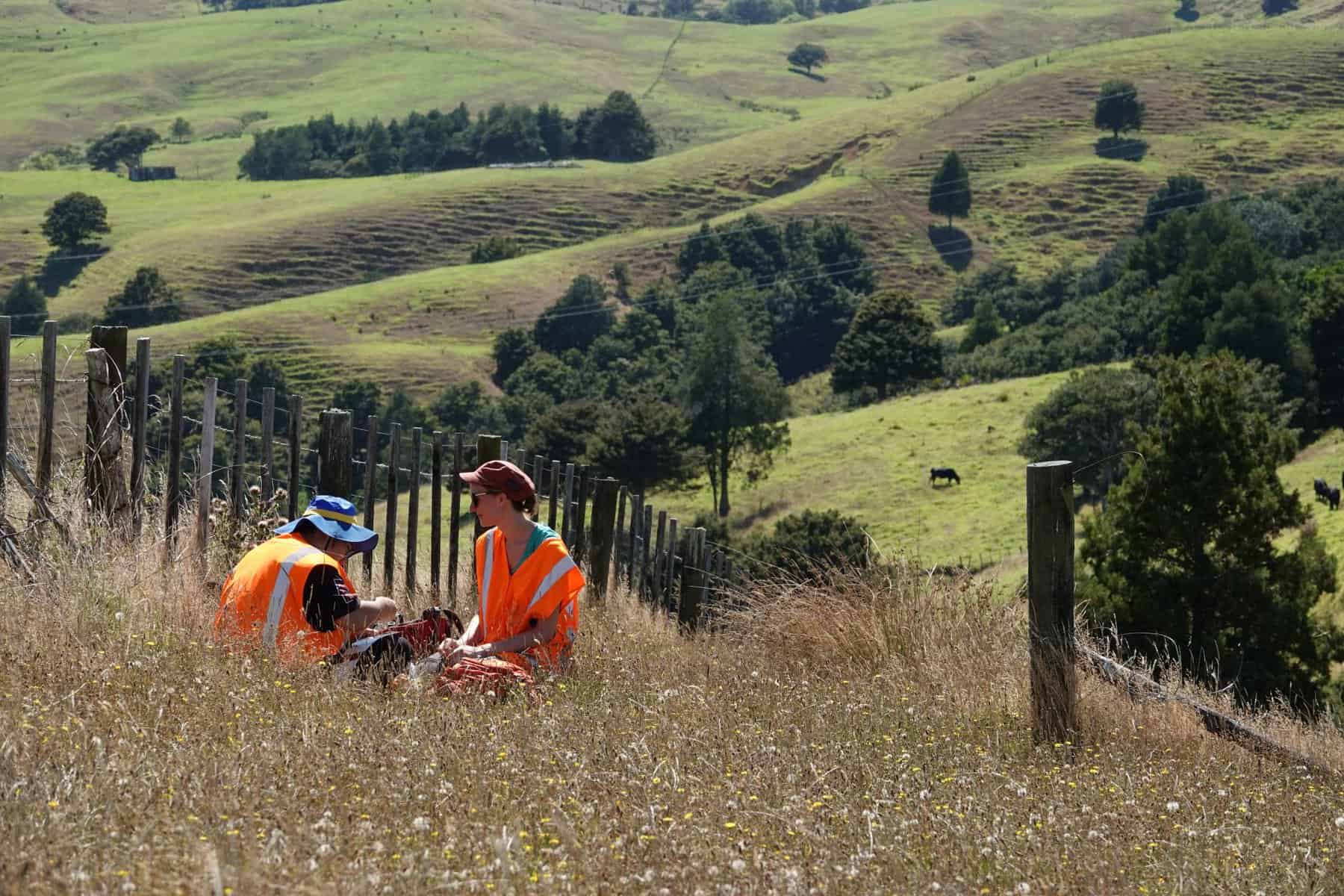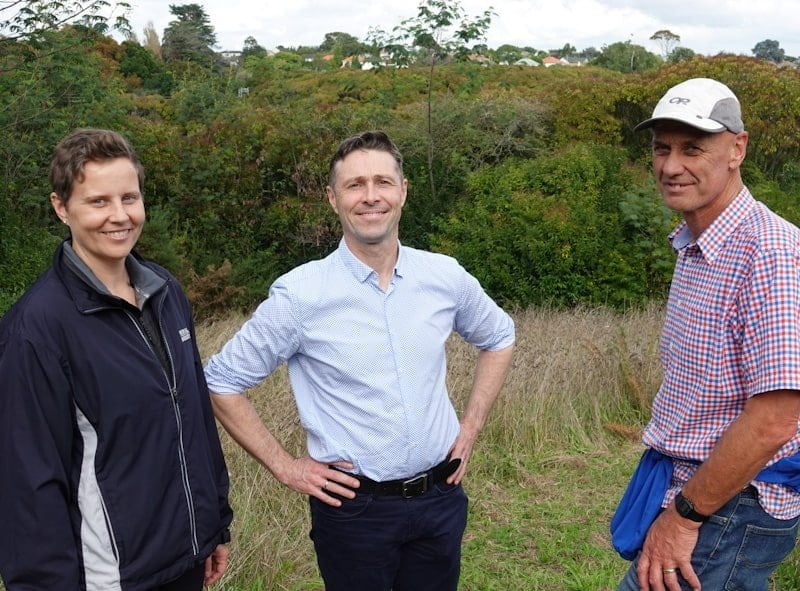A team of researchers aligned with our Novel Tools & Strategies programme intends to improve our understanding of gene tech perceptions using an intriguing foundation – fun and games.
The very best classroom: Practice and language revitalisation through land-based teaching
In September 2022, an intergenerational team of Māori researchers and innovators undertook the trip of a lifetime, travelling deep into the Northwest Territories of Canada for a two-week cultural exchange programme.
December 2022 newsletter
NEW Highlights Report, Kaurilands Summit details for 2023 and lots of great research stories.
Ngā Rākau Taketake science stocktakes have been updated for the new year
Ngā Rākau Taketake is one of several groups who contribute to the growing body of knowledge around myrtle and kauri ora. As a way to keep track of all the excellent mahi in these spaces, we have updated our myrtle rust and kauri dieback stocktakes. Enjoy!
New Zealand influential in the global Phytophthora research space
The 10th meeting of the International Union of Forest Research Organizations (IUFRO) – Phytophthora Working Party was held in June this year at the University of California, Berkeley. Meetings like these are a good reminder of the damage caused by species in the Phytophthora genus and of New Zealand’s role in the global effort being made to combat Phytophthora-caused diseases.
Ngā Pī Ka Rere spotlight: What will Jaynie Yang do next?
Meet Ngā Rākau Taketake student Jaynie Yang. She handed in her Master’s in September and is excited to join the workforce, hopefully in a biosecurity capacity. But first, she is collecting data from soil cores to learn more about root production rates in kauri.
New BioHeritage project: A horizon scan for weeds in Aotearoa
Controlling invasive species is an important part of biodiversity and conservation work here in Aotearoa New Zealand. While our focus in the past has been on invasive mammals and invertebrates, BioHeritage is funding a new project that will give researchers a head start on future weed invasions.
Ngāti Kuri’s conservation vision in the Far North boosted by involvement in Ngā Rākau Taketake
Far North Iwi Ngāti Kuri is on a mission to save two of Aotearoa New Zealand’s most endangered tree species from extinction.
November 2022 newsletter
Customary harvests, the science of cascades, tea bags and much more.
Strengthening customary harvest rights could provide finely-tuned care in sustaining important wetland species, study finds
A recently published paper has provided evidence and framework to support reform in wildlife management regulations surrounding the customary harvest of swan eggs at Te Waihora (Lake Ellesmere).
Myrtle rust researchers return to the international conference scene
After our lengthy isolation due to COVID, our researchers have finally been able to travel overseas to connect with their international colleagues. Many plant diseases, such as myrtle rust, are being studied by research teams all around the world, so in-person hui can help us overcome roadblocks and catalyse progress.
Master’s student brings Tea Bag Index method to kauri forests
Siqi Yang, a Master’s student with the Risk Assessment & Ecosystem Impacts team, used a new-to-kauri-forests method of measuring decomposition rates in soil: the Tea Bag Index method.
Becoming a wahine toa for Papatūānuku
Dr Sara Belcher (Te Arawa) has recently been offered a tenured position at Te Herenga Waka – Victoria University of Wellington. With tenure, she now has avenues for making the Environmental State Assessment Tool (ESAT)—which she developed during her PhD—into an open-source tool available for all.
The science of cascades: understanding impact propagation to enhance conservation efforts
How do disturbances in our ecosystems spread and cascade across landscapes? David Garcia-Callejas is an ecologist working at the University of Canterbury with our Crazy & Ambitious Think Tank – and puzzles like this are his speciality.
October 2022 newsletter
International recognition, agroecology, early career introductions and more . . .
Farming & Nature Conservation attracts over $2.7 million in co-funding
A Tranche 1 BioHeritage project has attracted over $2.7 million in funding for its spin-off programmes – the AUT Living Laboratories Programme and the Farming with Native Biodiversity pilot.
